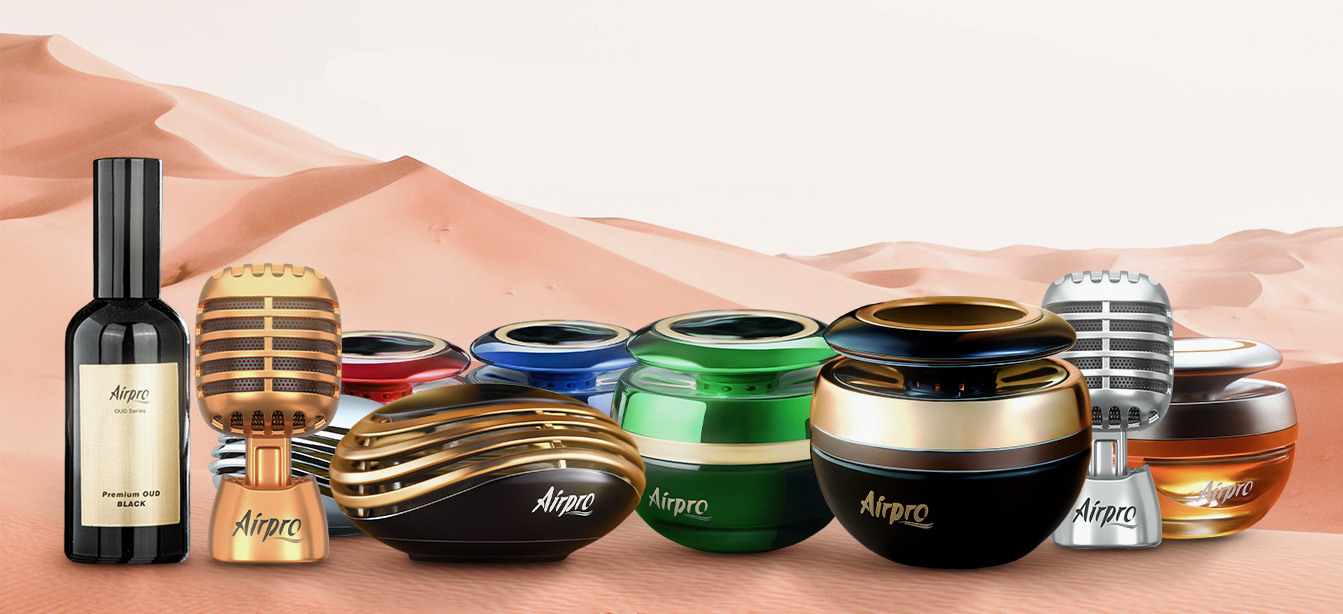In today's households, pets are no longer just animals—they're beloved family members. As the popularity of air fresheners, aroma sprays, car perfumes, and home fragrances continues to rise, many pet owners are asking a vital question: Are air fresheners harmful to cats and dogs? Could fragrance ingredients affect a baby's health?
These concerns are valid and becoming increasingly common. Some fragrance ingredients can indeed pose risks to pets and infants, but the good news is there are effective ways to reduce or eliminate these risks. In this article, we'll explore how air fresheners may impact pets and babies—and most importantly, how to use fragrances safely and responsibly in a pet- and child-friendly home.

Why Scents Harm Pets
I once came across an interesting discussion on Quora titled [What kind of air fresheners are safe for dogs?], which explored the topic of pet-safe scents in depth and offered several insightful perspectives worth considering. Many household scents, including those from air fresheners, candles, and essential oils, may seem harmless to us but can be harmful to our pets. Cats and dogs have a much more sensitive sense of smell than humans, making them more vulnerable to strong or synthetic aromas. Certain ingredients—such as phthalates, formaldehyde, and essential oil compounds like tea tree or eucalyptus oil—can be toxic to animals, especially when inhaled regularly or in enclosed spaces.
When pets are exposed to these volatile compounds, they may experience symptoms such as sneezing, coughing, watery eyes, or even more serious issues like breathing difficulties or liver damage over time. If your cat or dog shows any of these symptoms, it's important to take them to a veterinarian as soon as possible for proper care.
How to Choose Pet-Friendly Fragrances
When choosing pet-friendly scents, the primary focus should be on ingredient safety. Avoid products containing potentially toxic substances to cats and dogs, such as tea tree oil, eucalyptus, and cinnamon. Milder scents like lavender, vanilla, chamomile, and cedarwood tend to be less irritating and more suitable for pet-friendly environments. Besides the scent ingredients, the form of the fragrance product is also important. It is recommended to choose types that release scent gently and have low irritation levels:
Hanging Glass Bottle air fresheners: These slowly release low concentrations of natural essential oils and are best placed in well-ventilated areas to help minimize respiratory irritation for pets.
Gel-based air fresheners (Gel): They provide stable release with lower volatile concentrations, making them relatively mild and particularly suitable for indoor settings, such as car air fresheners.
These types of fragrance products generally cause less irritation to pets in daily use and are ideal for households with cats and dogs. When trying a new scent for the first time, it is advisable to closely monitor your pet for signs of sneezing, restlessness, or lethargy to ensure their safety.
How to Use Air Fresheners While Reducing the Risk to Pets
Proper usage of air fresheners around pets is even more important than choosing the right product. First, always ensure good ventilation when using any type of air freshener to prevent scent buildup in closed spaces. Avoid spraying fragrance directly in areas where your pets eat, sleep, or play. Instead, apply it in low-traffic zones your pet rarely visits.
After use, keep pets out of the area for a short period to avoid exposure to high concentrations of fragrance particles. For those using aromatherapy diffusers or car air fresheners, it's important to clean the devices regularly to prevent residue buildup that could pose long-term health risks.
If using air fresheners in the car, open the windows periodically to improve air circulation, which helps reduce the risk of respiratory irritation in pets.
So, are air fresheners really bad for your pets? The answer depends on the product's ingredients, form, and how it's used. It's true that some air fresheners—especially those containing strong synthetic fragrances or essential oils toxic to animals—can pose health risks to pets. However, an increasing number of pet-safe alternatives are now available, offering peace of mind for pet-owning households.
By choosing gentle formulations, using them in well-ventilated areas, and observing your pet for any signs of discomfort, you can enjoy a refreshing scent experience while ensuring a safe and healthy environment for your dogs and cats.



